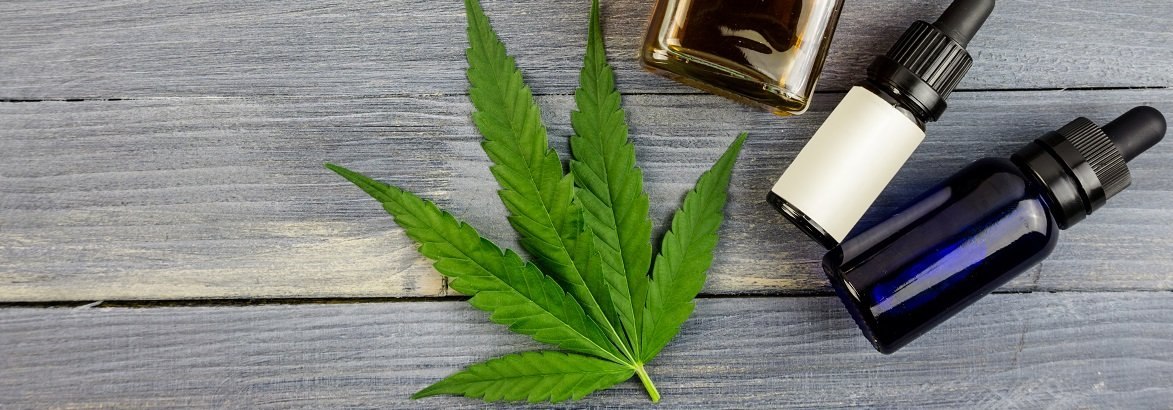This week the Scottish government has, in effect, decriminalised drug-taking. It hasn’t actually put it like that. Rather, it was presented as no more than just a bit of bureaucratic tinkering. The government’s Lord Advocate, who has powers to update guidance to the police, simply made a statement in which she said police officers were now going to be advised merely to issue ‘recorded police warnings’ to anyone using illicit drugs no matter whether the drugs were soft or hard. Members of the Scottish Parliament were not offered a chance to vote on the issue. Yet for decades drug policy has been one of the hottest of hot political controversies and it remains so in the United Kingdom as a whole. Politicians have tended to avoid it like the plague. But is it time to think again about drugs?
At its most fundamental, British policy on drug-taking is based on a very simple idea: since almost all drug-taking is harmful, and some of it lethally so, it is the government’s responsibility to deter people from engaging in it. The most direct way is to make the whole activity illegal – illegal for anyone to sell illicit drugs or even to be in possession of them. That was the thinking behind the 1971 Misuse of Drugs Act which, fifty years on, is still the basis of Britain’s policy. Virtually everything to do with illicit drugs is illegal.
If the aim was to put an end to drug-taking, then the Act has proved to be a colossal failure. Drug-taking is rife throughout Britain. Speak to anyone who wants to take drugs, whether it is young kids wanting to get their hands on the latest substance on the clubbing scene, or baby-boomer pensioners who have been smoking joints since the 1960s – and whether they are in London and the big cities or out in the remotest parts of rural Britain – they will tell you they have no problem getting what they want. Everyone who wants to take drugs knows where an obliging supplier can be found.
In the light of this failure to achieve its prime purpose, critics of the 1971 Act have for years been campaigning for it to be reformed or repealed and a wholly different approach to be adopted. Their point is not just that the Act has failed in its own terms but that its approach to the problem has produced social ills just as toxic as the drug-taking itself. It has fostered a massive increase in organised and often violent crime; it has filled our prisons with people convicted of drug-related crime; it has ensnared young children into the drug gangs’ ‘county lines’ supply chains; it has left the quality of the drugs supplied unregulated, exposing punters to substances whose content they do not know and whose effects can be fatal; it has deterred drug-takers from seeking the medical help they need; and it has massively contributed to the problem of ‘sink estates’, places where people live for generations with no hope.
Although enforcement of the law has been modified over the years, notably in the police adopting a soft-touch approach to people who use the least harmful drugs such as cannabis, campaigners for reform say much more needs to be done. Their immediate aim is for drug-taking to be decriminalised. That’s to say, for the use or possession of illicit drugs no longer to be a criminal offence (while keeping the supplying of drugs illegal).
Those who advocate this tend to cite Portugal as a successful example of this approach. Portugal, which hitherto had had one of the worst records for drug-taking and drug-related deaths in Europe, decriminalised all drugs in 2001. Since then there has been a sharp drop in the number of deaths from overdoses, in HIV infection related to the use of needles, in drug-related crime and a drop in the size of the prison population. It is not, however, a total free-for-all. Portugal set up regional panels of social workers, medical professionals and drug experts with powers to force persistent drug-takers brought before them to undergo medical treatment and even pay fines or do community service.
At the centre of this approach is the idea that drug-taking should primarily be regarded as a medical issue not a criminal one. Drug-takers need help. Decriminalising drug-taking not only removes a barrier to their seeking help but it frees up resources to increase the provision of medical help: money saved by keeping drug-takers out of prison can be used helping them to fight their addiction.
There is also a more theoretical political argument advanced in favour of decriminalisation. It is that it is anomalous for drug-taking to be a criminal offence when the use of alcohol or of tobacco, equally harmful to people’s health, is not. For the law to be respected, it’s argued, it needs to be consistent and at the moment it isn’t.
These arguments seem to be behind the Scottish government’s decision to treat drug-users in the softest possible way, at least as far as the law is concerned: merely issuing ‘recorded police warnings’ amounts to decriminalisation on all but name. Certainly, treating drug-taking as primarily a medical rather than a criminal issue, has been Scottish policy for some years and attracts support across the political spectrum.
Yet decriminalisation is strongly opposed by many people. In the first place, it’s claimed, it ‘sends the wrong message’. It appears to tell people that it’s OK to take drugs when the message should be that taking drugs is harmful and we must not do it. They also point out that Scotland’s own record shows that a ‘soft’, primarily medical approach to drug-taking has led to increased harm not less. Scotland continues to enjoy the dubious status of being the European country with the highest number of drug-related deaths. Last year there were 1,339 such deaths in Scotland, a record, and three-and-a-half times as many as in the rest of the United Kingdom.
In response to the Lord Advocate’s announcement this week, Tom Buchan, who used to be chief superintendent of the former Strathclyde Police, said: ‘This is a surrender – the white flag has gone up. It will have no benefits at all and it comes in the middle of a huge drugs emergency – it’s more soft-touch nonsense. I feel sorry for the officers who will have to implement this – they don’t want to be turning a blind eye to crime. I don’t know who they’ve consulted on this, if anyone, but it is just basically throwing in the towel.’
If decriminalisation is controversial, there is an even more radical approach some are advocating. It is that virtually everything to do with drugs should be legalised. That’s to say, not only should it no longer be a criminal offence to use or possess drugs, it shouldn’t be illegal to supply them either.
Once again, there is a theoretical political argument behind this case. Since supplying alcohol and tobacco are perfectly legal enterprises, so the supplying of drugs ought to be. But it is the practical effect that matters most. Legalisation would, at a stroke, mark the beginning of the end of drug-related organised crime with all the evils that it has brought in its wake. Even more than decriminalisation it would empty our prisons of a large part of their overcrowded populations. There would be even more money available saved to spend on medical treatment. Indeed turning the drug cartels into ‘respectable’ businesses, such as the drink and tobacco industries have long been, would open up a whole new source of tax revenue. Given what the Treasury already raises from duty on booze and fags, the prospect ought to have ministers rubbing their hands. And as with tobacco and alcohol, taxation can be used for deterrent purposes, aimed at weaning people off their harmful habits. Of course there would still be a black market, as there is for drink and cigarettes, but it’s compared with the above-board market.
Such a proposal provokes all the same opposition as decriminalisation – and much more besides. Legalisation really would send the message that taking drugs is no different from lighting up or downing the odd pint. Some would say that is already the view taken by the millions of people who treat drugs in the same way as they do drinking and smoking and that the ‘message’ objection is already redundant. Nonetheless, say opponents, legalisation would be of massive importance as a symbolic endorsement of the idea that it is OK for us to do harm to ourselves.
Whatever the strength or weakness of the arguments on either side, there is very little chance that politicians will start to address the issue of legalisation or even of decriminalisation. They are much more likely to run a mile. It may be in the interests of society to keep asking whether we have got drugs policy right but politicians know it is most certainly not in their own interests. The issue is simply politically too toxic. Even mentioning it risks being misrepresented, being accused of wanting to turn Britain into a country of addicts or, on the other hand, of stuffing our prisons with people who need help not incarceration.
But that doesn’t mean the rest of us should not discuss it. So what’s your view? Do you think the Scottish government was right or wrong to make the move it has, in effect decriminalising the use and possession of all drugs? Should the rest of the UK follow suit or not? And what about going the whole hog, and legalising drugs entirely?
Let us know what you think.









